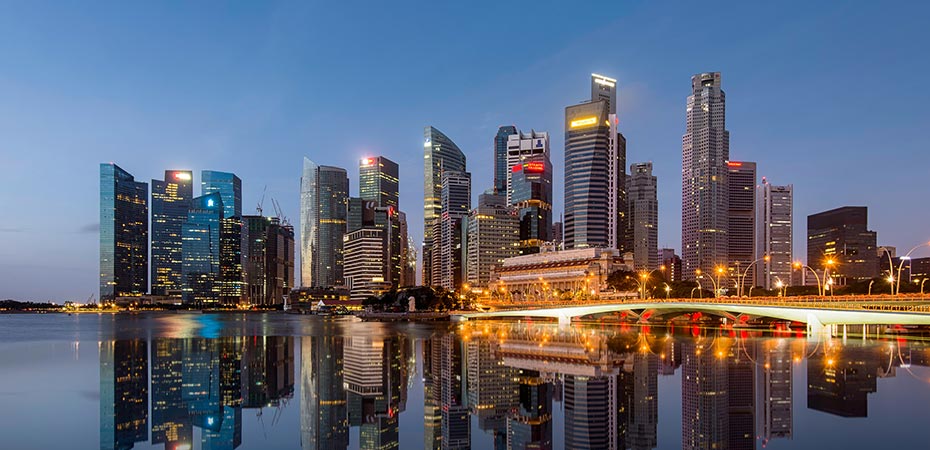In recent years, Singapore has gained a reputation for being Asia's intellectual property (IP) hub, with its strong rule of law and geographical proximity to many emerging economies in Southeast Asia. Of course, it's also a notable trading partner with economic powerhouses such as China, Japan, and India.

In terms of IP protection, Singapore is ranked second in the world and first in Asia in the World Economic Forum's Global Competitiveness Report 2019.This is surely of interest to many multinational corporations seeking to protect their IP in Asia. Singapore was also ranked third in the International Property Rights Index 2020. In fact, approximately 53,000 trademark classes were filed in Singapore in the year 2020 alone, which goes to show how robust the trademark regime is there[1].
If you are looking to file a trademark in Singapore, here are four key things to know:
- Singapore is a party to the Madrid Protocol, the Paris Convention, and a member of the World Trade Organization. Foreign applicants will appreciate the ease in which they may file for trademark rights in Singapore, whether they designate Singapore as a contracting party through a Madrid Protocol application, or whether they file their trademark nationally with a priority claim. Approximately half of the trademark applications in the year 2020 were filed nationally, with the other half filed under the Madrid Protocol.
- Singapore has a very efficient trademark process. In the case of a straightforward trademark application without any deficiencies or objections, you may expect to receive the certificate of registration within six to nine months.
- Singapore has invested heavily in alternative dispute resolution for IP. The WIPO Arbitration and Mediation Centre has an office in Singapore, its only other office besides Geneva. The Singapore International Arbitration Centre also offers a specialist panel of IP arbitrators. Singapore was ranked the third most preferred seat of arbitration in the world in the 2018 International Arbitration Survey, conducted by Queen Mary University of London in partnershIP with White & Case.
- Singapore's IP litigation landscape is equally robust. An Intellectual Property Court has been established in the Supreme Court, with specialist judges on its IP / IT list to adjudicate IP / IT cases. A "fast track" option for IP litigation is also being discussed, which, if implemented, will result in time and cost savings for trademark owners.
In conclusion, Singapore's status as an IP hub in Asia makes Singapore a key jurisdiction for any corporations seeking to break into the Asian market. With its proximity to the rest of Asia, strong rule of law, and robust IP dispute resolution regime, Singapore remains a choice destination for multi-national corporations for their Asia headquarters.
How we can help
This article was authored by Denise Ee an associate working in the offices of JurisAsia LLC.
JurisAsia, with whom Gowling WLG has an exclusive association, has been prosecuting and enforcing patents and trademarks in Singapore since the firm's inception in February 2017. Please feel free to contact us with any questions regarding trademarks in Singapore.
[1] Statistics 2019 – 2020, Intellectual Property Office of Singapore.